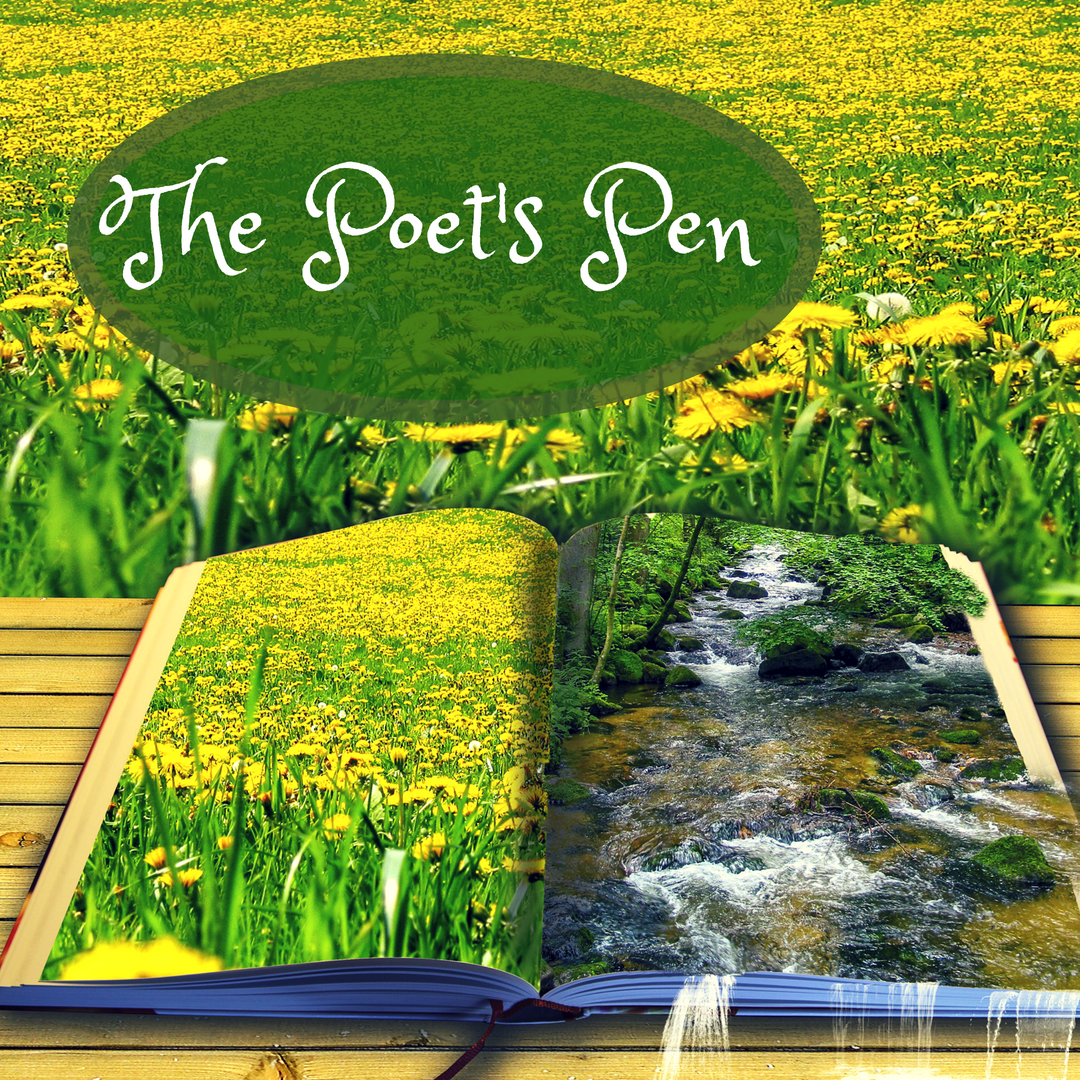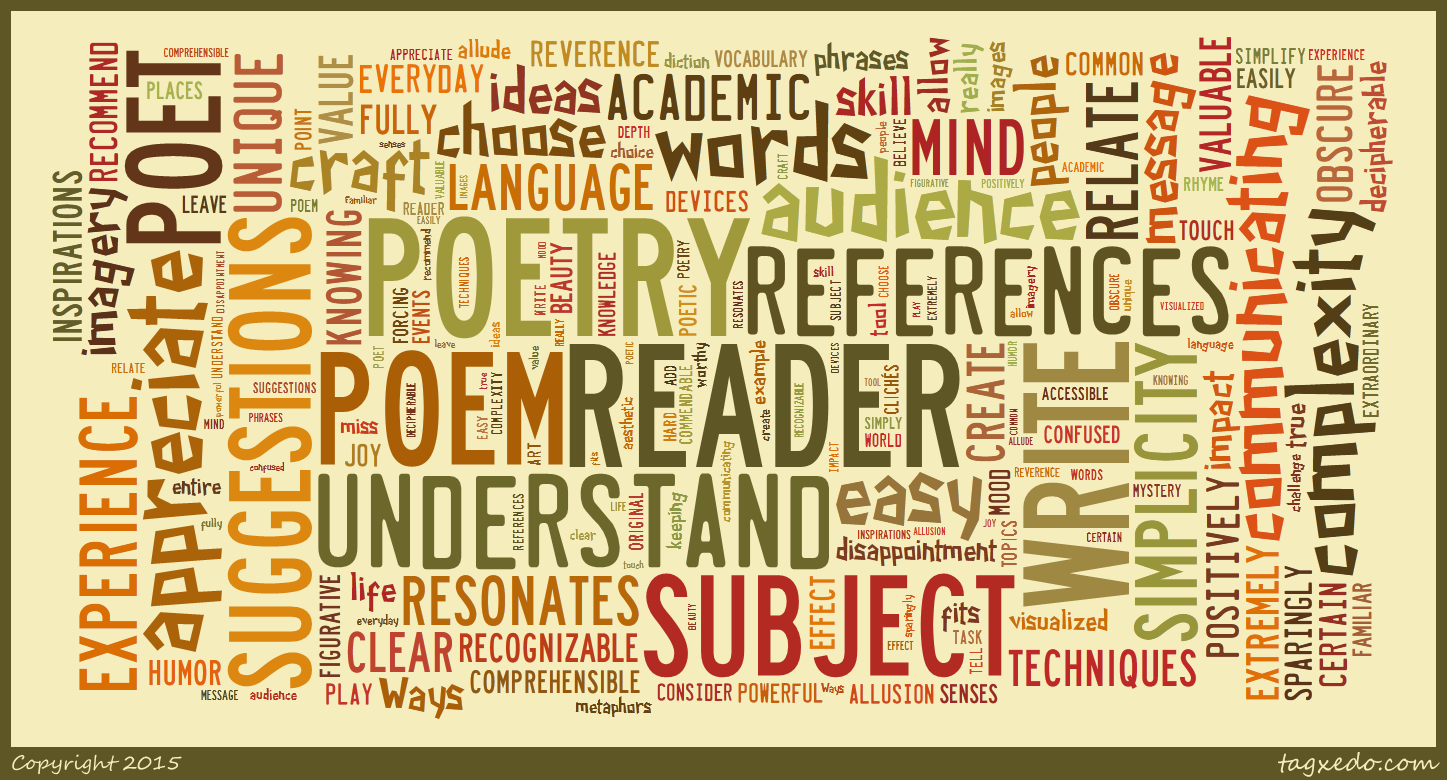
Writers Chat Recap for April Part 1
Writers Chat, hosted by Jean Wise, Johnnie Alexander, and Brandy Brow, is the show where we talk about all…
April 18, 2022
Writers Chat, hosted by Jean Wise, Johnnie Alexander, and Brandy Brow, is the show where we talk about all…
April 18, 2022
Poetry is such a beautiful form of literature. It allows you to say so much without having to write…
January 26, 2021
Sometimes poets are asked, “Where do you find things to write about?” Everything is a possible subject, although there…
February 13, 2019
There are many ways to show gratitude and writing a Thanksgiving poem is the way many have expressed themselves…
November 13, 2018
All writing is about “words” but poetry uses concise words in a concise order. One word in a poem…
September 13, 2018
This month I thought we might do something different and fun. I want you to write an 81 word…
August 16, 2018
In honor of National Poetry Month (April), I thought we could take a few moments to explore writing a…
April 5, 2016
Simplicity is extremely valuable when it comes to communicating through poetry. I’ve always wanted my poems to positively impact…
October 18, 2015
One of my goals as a poet is to make poetry practical and less intimidating for writers while respecting…
September 6, 2015
Have you ever struggled with blank page disorder? I have. Most writers face this issue at one time or another. Sometimes…
August 15, 2015